Full service and low cost airlines: What are the main differences?
If you have ever traveled by plane, chances are you have heard any of these terms - full service airline, traditional airline, low cost carrier, budget airline. All of these terms basically describe two types of commercial airlines. And these two types are - full service airlines, also known as traditional airlines, and low cost airlines.
What are the main differences between the two?
While the first is obvious - the price - there are quite a few more. Many of whom you’ll want to take into consideration, when booking your next trip. That’s true that flights with low cost airlines tend to be cheaper, sometimes significantly cheaper, but it’s not only about the price.
More often than not it’s also about the services offered by the airline.
Let’s go deeper into details now!
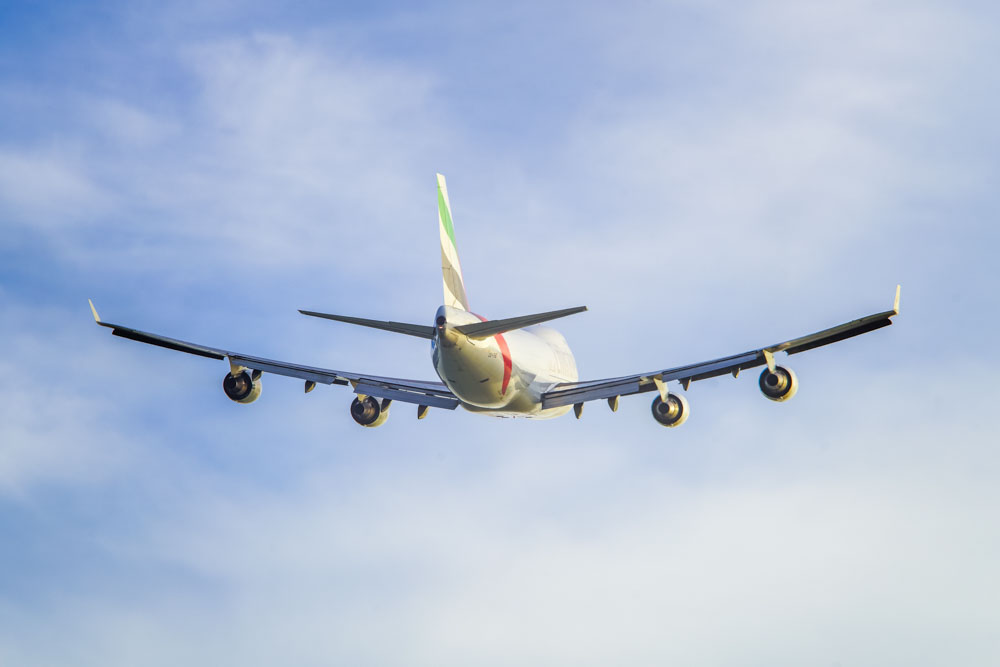
Full service vs low cost airlines
Before we start, a quick note about your rights.
When it comes to EU flight compensation, rules are the same both for full service and low cost airlines. Thanks to the EU regulations, you are protected against flight delays, flight cancellations and denied boarding.
Check your compensation online.
1. Price
The ticket price has been and still is the most visible difference.
While low cost carriers sell super-cheap tickets and often have sales, full service airlines have generally higher fares. That’s exactly how low cost airlines attract their customers - with very low prices and frequent sales.
Tickets can be as cheap as €1 one way!
Flight tickets from Germany to Palma Mallorca during off-season are a good example.
Tickets for €10-20 are not a rare occurrence.
But once you start buying add-ons and food, it starts adding up and the price increases. At this point you may even start wondering, if travelling with a budget airline is a good idea, and rightfully so. Because at the end, the same flight with a traditional airline may cost about the same. And it would include all add-ons you have to pay for when booking a flight with a budget airline.
Budget airlines are great if you travel light. If you don’t need checked luggage or meal on board, if you don’t want to reserve a specific seat. If you don’t require any of these things, there is no point of paying more for a flight with a traditional airline. Why pay for something you don’t really need?
And so we got to the second point - what’s included in the price?
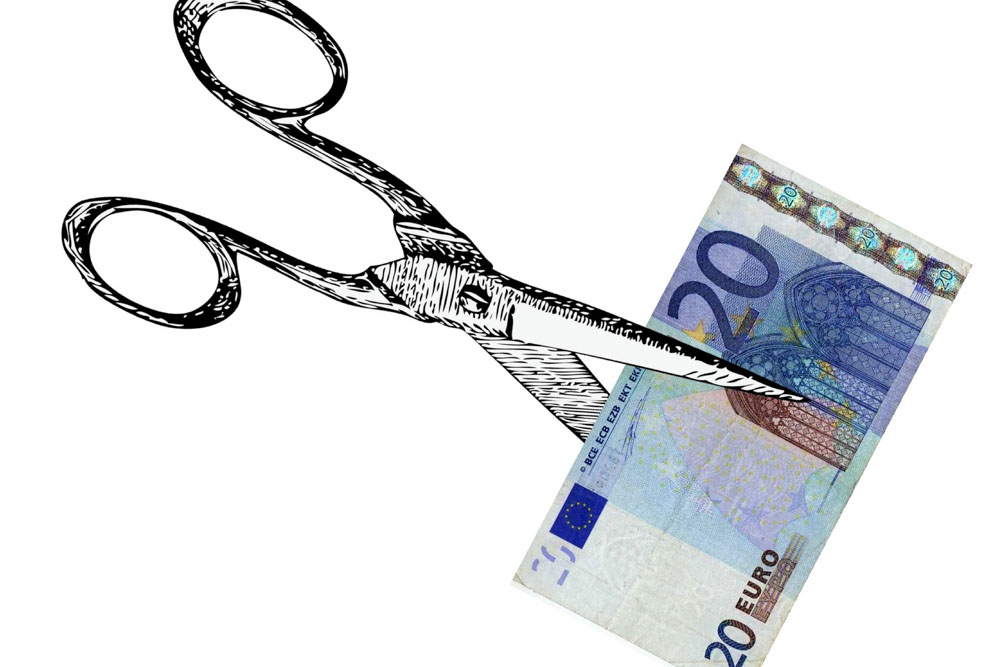
2. What’s included in the price?
How to find out what’s included in the price ?
First of all check out the ticket and your email.
And then, if you have extra questions, go and read FAQ on the webpage of the airline you are flying with.
Most often than not, a traditional, or full service airline, will have a way better service and more extras than a low cost airline. Hence, the name — full service airline.
But keep in mind that rules do change time after time.
What was a year ago, now it might be changed.
It applies to both of the airline types.
So, before booking a flight, read the rules, find out what is baggage allowance etc.
2.1. Luggage
The second largest difference between the two carrier types is checked luggage allowance.
If you are travelling with a low cost airline, you are only entitled to bring carry on luggage only. Unless you purchase checked luggage allowance. In by far most of situations you have to pay for it extra.
Majority of low cost airlines allow one full-sized carry on on board free of charge.
Some airlines also allow you to bring a small personal item.
Don't forget about airplane carry on luggage restrictions.
Low cost carrier vs full service carrier:
| Luggage | Low cost airlines | Full service airlines |
|---|---|---|
| Cabin bag | In most cases free of charge. Some budget airlines only allow 1 small personal item | At least one full-sized carry on bag free of charge |
| Checked baggage | At an extra cost | Yes, except for the Basic fare |
Whereas some budget airlines are exceptionally strict when it comes to carry on bags.
For example, Ryanair and Wizz Air allows their passengers to take only one personal item which is considerably smaller than a full-sized carry on bag. If you want to carry a full sized carry on bag when travelling with Ryanair and Wizz Air, you have to purchase Priority Boarding.
What about full service airlines?
It depends from your ticket.
You may or may not have any checked luggage allowance.
The weight of the luggage and allowance depends from the airline and the class you are travelling in.
Nowadays also full service airlines like Air France, Lufthansa and KLM have started selling tickets with no checked luggage included. To attract more customers companies now offer basic / light fare tickets.
And these often don’t have any checked luggage included.
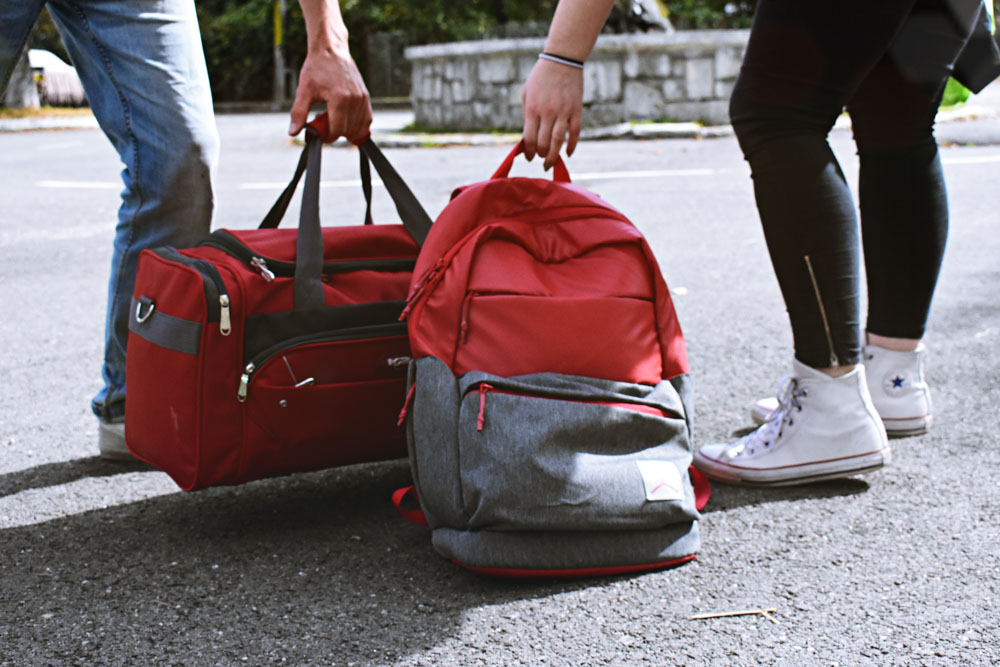
2.2. Food
All food and drinks, even water, cost extra when travelling with low cost airlines.
If you are flying with a budget airline and want to eat on board, you can buy a meal when booking your flight. Or you can add a meal to your reservation later. Just type in your reservation number, find your booking and add any extras you want. This comes at a price, however.
Most budget airlines don’t sell hot meals on board. They musty be pre-ordered.
If you haven’t pre-ordered a hot meal, all you can get on a plane are snacks and sandwiches.
If you are flying with a full service carrier, you don’t have to worry about food. If it’s a long haul flight, there will be at least two meals, plus the passengers on the plane may be served snacks. It depends on the duration of your flight. On shorter flights, depending on the length of the flight, full service airlines serve either a snack, sandwich or hot meal. Refreshments (but no food) are served on short flights of about an hour.
2.3. Amenities and extras
Traditional airlines are doing better here.
Which is obvious.
| Amenities and extras | Low cost airlines | Full service airlines |
|---|---|---|
| Airport check-in | For an extra cost | For free in most cases |
| Blankets and pillows | No | Mostly yes |
| Airline amenity kit | No | Mostly — only for business and first class passengers. But still some full service airlines offer amenity kits even to their economy passengers |
| Seat selection | At an extra cost. Or random seat allocation at check-in (free) | Free of charge a day or two before your flight departure |
| Checked baggage | At an extra cost | Yes, except for the Basic fare |
| Frequent-flyer program (points or miles) | No | Yes |
| Airport lounges | No | Lounge access for premium passengers |
Some budget airlines (in Europe — Norwegian; in Asia — Scoot, AirAsia) have a Premium cabin, and its passengers may be provided with blankets and pillows.
*An amenity kit is a travel essential kit provided to passengers to enhance their experience during a tiring flight. It usually contains an eye mask, a pair of socks, a pair of ear plugs, lip balm, toothbrush and toothpaste, and moisturiser.
2.4. In-flight entertainment and Wi-Fi
Here things are about the same.
On short flights you usually don’t have an in-flight entertainment system, while on long-haul flights you have. With traditional airlines it's always for free, with low cost airlines - it depends from the airline. And of course, the quality of it may differ as well, as the quality of the airplanes itself.
In the recent years airlines have started offering Wi-Fi to its passengers.
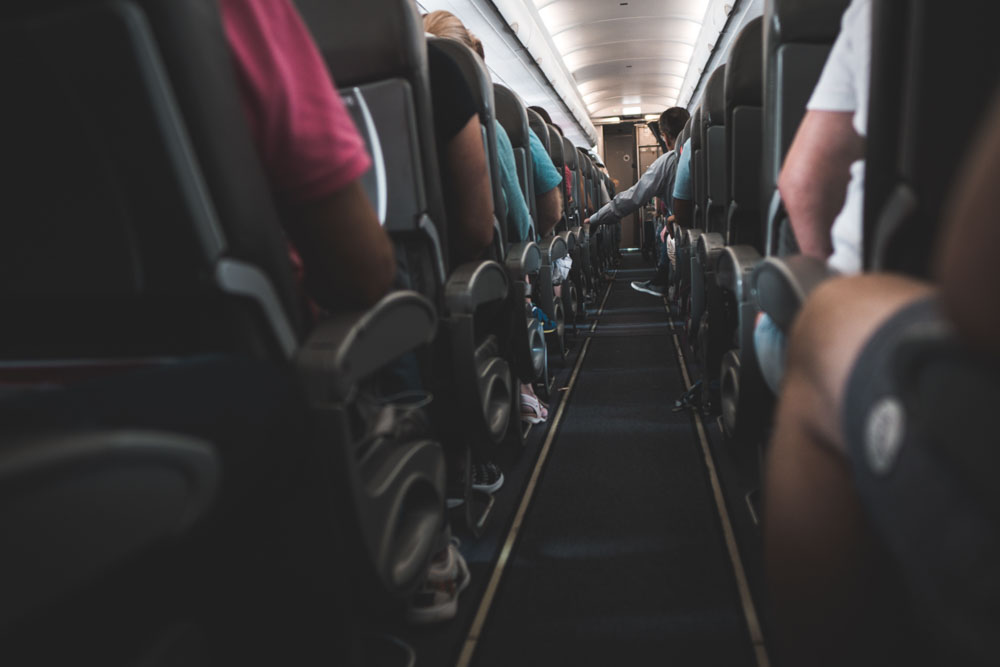
3. Seating options
Full service airlines also offer first class and business class seating.
Whereas low cost carriers only have economy class.
Here it's important to mention flight downgrade compensation. Yes, it's a real thing. If you buy a first class or business class ticket, and you're ever downgraded, you most likely will be entitled to compensation, that must be paid by your airline **right on the spot. **
| Features | Low cost airlines | Full service airlines |
|---|---|---|
| Seat selection | At an extra cost. Or random seat allocation at check-in (free). | Free of charge a day or two before your flight departure |
| Multi-class cabins | No | Yes (Economy, Premium Economy, Business, even 1st class) |
There are a few exceptions. Norwegian (Europe) and both Scoot and AirAsia (Asia) have introduced a Premium Economy cabin with more comfortable seats and more leg room. Even though they are budget airlines.
4. Airports
Mostly low cost airlines operate out of secondary airports.
Quite often these secondary airports are located further away from the city than primary airports. In some situations it may cost you twice as much to get from that airport to the city than the flight itself.
Keep that in mind, when booking a flight with a low cost airline.
5. Frequent-flyer program
Mostly offered by full service airlines.
A frequent-flyer program (FFP) is a loyalty program offered by an airline.
You can enroll in the program to accumulate points, which then later you can use to pay for flights or extras. Of course, it takes time until you’ll earn enough points to get a free flight, but it does make sense to apply for it if you travel often and use the same airline.
Low cost carriers mostly don’t have frequent-flyer programs.
Some budget airlines offer some perks to their frequent customers, like, membership discounts, privilege passes and so on.

6. How do connecting flights work?
Only some budget airlines offer connecting flights.
A good example is Norwegian Air Shuttle. It’s a low cost carrier offering connecting flights and long-haul flights. If you have a connecting flight with Norwegian, and you miss your connecting flight because the first one was delayed, the airline will take care of you.
Budget airlines such as Wizz Air do not offer connecting flights.
Let’s look at two examples.
So you can understand better what are the main differences between traditional airlines and low-cost airlines that do not offer connecting flights.
Example 1 - Wizz Air (budget airline)
You have 2 flights, London - Paris, and Paris - Dubai a few hours later on the same day.
Your London - Paris flight is delayed, and you can’t make it to the next flight.
You buy a new flight from Paris to Dubai.
The first flight, London - Paris, was more than 3 hours late. Let’s assume, that it was Wizz Air’s fault. Now you are entitled to flight delay compensation.
But only for the first flight, for this one flight.
And only if the delay is at least 3 hours, and it's the airline's fault.
Wizz Air does’t sell connecting flights. And despite the fact, that your second flight now, bought at the last-minute, may have cost you a few hundred euros, and despite the fact that it initially may have cost you much more - you can’t do anything about it. It’s not Wizz Air’s responsibility. You missed the flight. It’s your responsibility.
You have to buy a new flight yourself. And you have to pay for it from your pocket.
The thing you had is so called self transfer.
Because mostly there is no such thing as a connecting flight with low cost airlines. Mostly there are just separately booked flights.
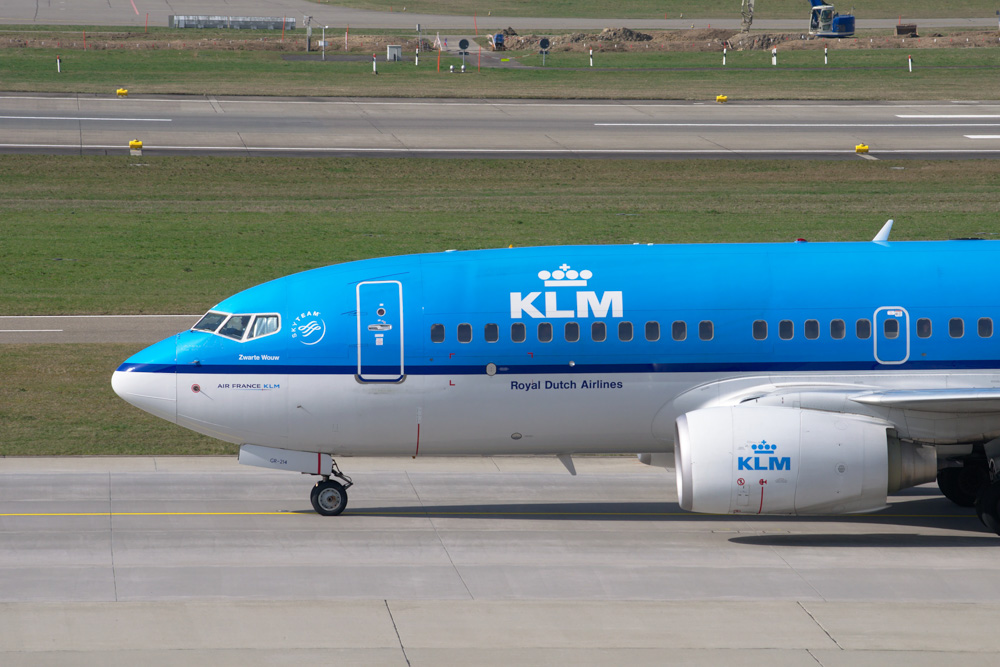
Example 2 - KLM (full service airline)
Let’s assume, that you have exactly the same itinerary like in the first example.
Your KLM flight from London to Paris is late, and you can’t make it to your next flight.
If it’s the airline’s fault, you can claim for flight delay compensation for the whole journey.
And it doesn’t matter if the London - Paris flight was 1 or 10 hours late.
As long as you have arrived to your final destination (Dubai, in this case) 3 or more hours late, you might be entitled to compensation of €600. Why 600? Because Dubai is more than 3500 kilometres away from London, and according to EU regulations, that’s what your KLM claim is worth in a situation like this.
Apart from that, you don’t have to buy a new flight.
It’s airline’s responsibility to put you on another flight for free.
7. Basic / Light class in full service airlines
Not all budget class tickets offer the same benefits.
Nowadays also full service airlines like Air France, Lufthansa and KLM have started selling tickets with no checked luggage included. To attract more customers companies now offer basic / light fare tickets. And these often don’t have any checked luggage included.
Even though passengers are not entitled to checked baggage, the meal is provided.
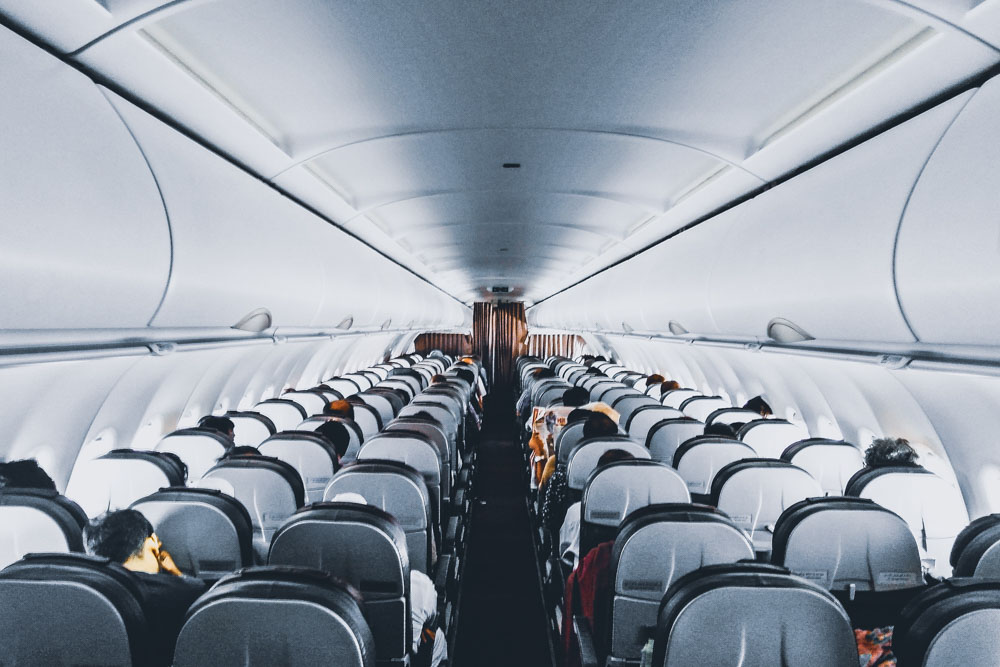
8. Know your rights
In Europe and travelling with European airlines you are protected.
You are the same as protected when you travel with low cost airlines as you would be when travelling with traditional airlines. The price or class of your ticket doesn’t matter, same as it doesn’t matter if you have or don’t a travel insurance.
If it’s the airlines fault, and:
- your flight is 3+ hours late, you are entitled to flight delay compensation;
- your flight is cancelled less than 14 days before the trip, then you can get flight cancellation compensation from your airline. The rules are different if your flight is cancelled more than 2 weeks before the trip.
It doesn’t matter if your flight is with a budget airline, or with a traditional airline.
The same applies to charter airlines and charter flights.
In many situations it applies also to non-EU airlines.
It doesn't matter if you're a European or not.
In Europe you have the right to care, even when it isn't the airline's fault.
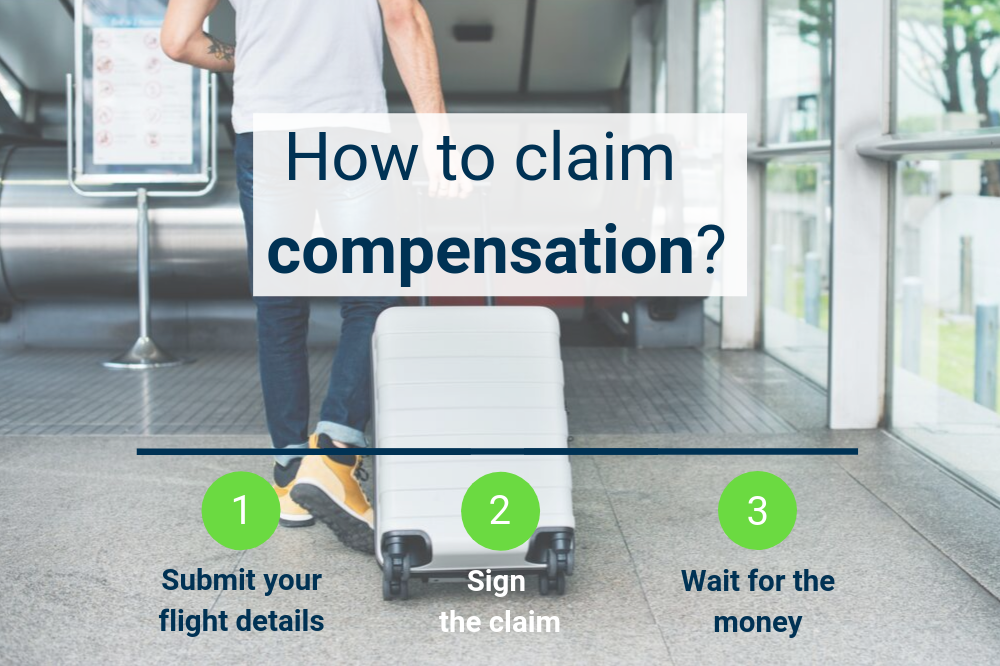
8.1 How to claim compensation?
You can either contact the airline or you can let us to do it on your behalf.
When working with us, here is all you will have to do:
- Go to this page;
- Fill in the details about yourself and your flight delay or cancellation;
- Upload your boarding pass and passport copy;
- Sign the claim online.
And that's it. We will do the rest.
There are no upfront fees, and you’ll pay nothing if it turns out that you aren’t entitled to compensation. If we are successful, however, we’ll take €25 + 25% of the amount of the compensation and transfer you the rest.
8.2 Connecting flights
But what about connecting flights?
What happens if you have a connecting flight, the first flight is delayed, and you can't make it in time for your connecting flight? Then it depends on what kind of connection you’ve had.
Most budget airlines do not offer connecting flights.
If you book two or more separate flights to get to your final destination, this is so called self-transfer. In this case if you miss the next flight, it’s your responsibility. If you have to buy a new flight, you have to pay for it from your pocket. You may receive a compensation later, but at first you will have to deal with that yourself.
A travel insurance that covers such cases might help.
Whereas, full service airlines sell airline protected connecting flights.
If you have booked a connecting flight from a traditional airline (some budget airlines offer connecting flights, too) then the airline will take care of you if the first flight is delayed or cancelled. When it will be necessary, the airline will put you on another flight for free.
If you are travelling with European airline, all of this applies to all its flights to and from Europe.
If it’s an airline registered elsewhere, all of this applies only to its flights from Europe, but not to flights from other regions to Europe.
By Europe and EU we mean all EU Member States, the United Kingdom (UK), Guadeloupe, French Guiana, Martinique, Reunion, Mayotte, Saint Martin, the Azores, Madeira, the Canary Islands, Iceland, Norway, and Switzerland.
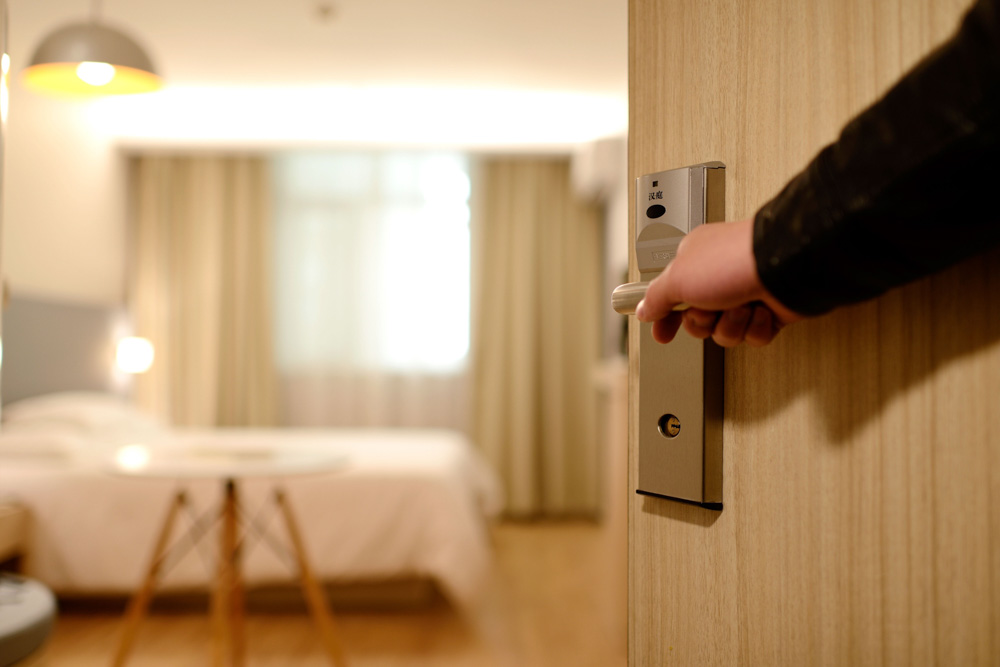
8.3 Right to care
What if you have to wait long at the airport?
If you have to wait 3+ hours, the airline have to provide you with a free meal and drink, plus two free phone calls, e-mails or faxes. If you haven’t received it from your airline, ask for it!
If it’s going to be an even longer delay, the airline has to provide you with a free hotel room.
Just like that, when things go wrong in the EU you have the right to care.
In this case it doesn't matter if it's airline's fault or not.
To summarize all the above, there are some significant differences between the two, but they are disappearing. Full service airlines have started offering cheaper fligts with less perks, and also low cost airlines are changing their rules and pricing every once in a while.
Make sure to always compare the final price (and what’s included in it).